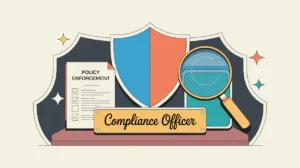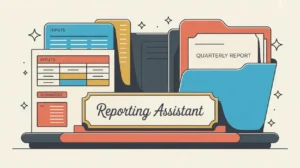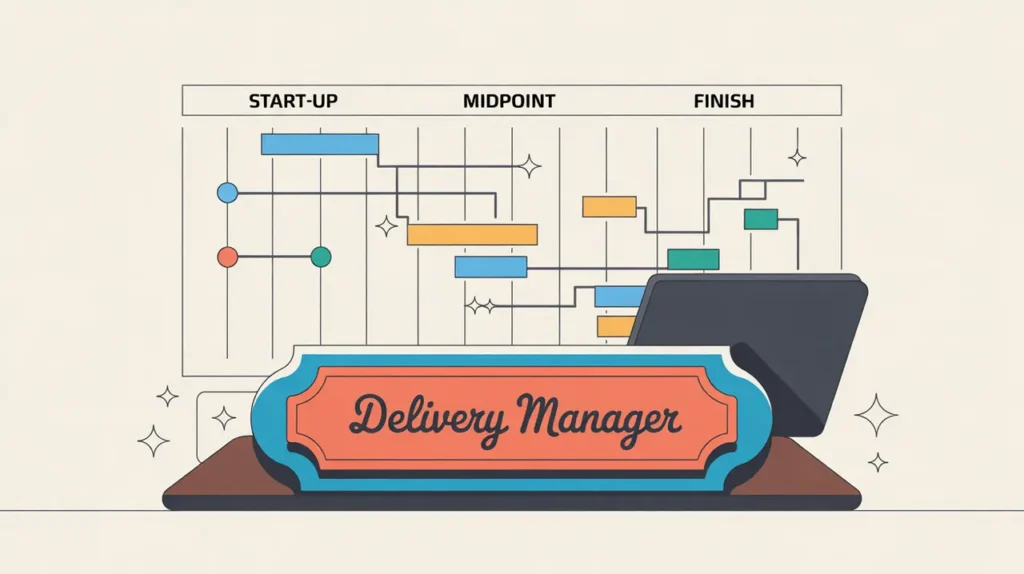What Does the Solution Developer Role Involve?
A Solution Developer is responsible for building, customizing, and implementing the technical components of organizational solutions. They translate solution designs and functional specifications into working systems, applications, or automations. Their work involves coding, configuring software platforms, integrating tools, and ensuring that solutions function reliably and efficiently in real-world contexts.
In nonprofits and social enterprises, Solution Developers play a key role in bringing digital strategies to life. They often work on building internal systems, integrating data platforms, automating workflows, or developing applications that support program delivery, operations, and strategic decision making.
At What Level does this Role Operate?
Mid Level: Solution Developers typically report to a Solution Architect, Technology Lead, or Product Manager. They operate with focused technical responsibility, working closely with designers, analysts, and implementation teams. While they may not lead strategy, they are central to ensuring that solutions are robust, efficient, and aligned with design specifications.
Relative Employability: Solution Developer roles are increasingly common across nonprofits, NGOs, and social enterprises as organizations accelerate their adoption of digital tools. These roles are especially relevant for teams working on low-code or custom-built systems, CRM implementations, data integrations, and workflow automations.
Relative Pay Scale: Solution Developers generally occupy the mid pay band, often on par with other technical specialists. Their compensation reflects their applied technical expertise and contribution to delivering functional systems.
What are the Key Responsibilities and Activities?
- Develop and configure applications, platforms, or workflows according to solution designs
- Write clean, efficient, and well-documented code where custom development is required
- Implement integrations between systems using APIs, middleware, or other tools
- Customize and extend third-party platforms (e.g., CRMs, data tools, content management systems) to meet organizational needs
- Test, debug, and optimize solutions to ensure reliability, scalability, and security
- Collaborate with Solution Designers, Product Managers, and end users to ensure solutions meet functional requirements
- Maintain version control and documentation for all development work
- Provide technical support during deployment, troubleshooting issues, and implementing updates
- Contribute to continuous improvement by suggesting enhancements or alternative technical approaches
What Core Competencies and Qualifications are Needed?
Required Qualifications and Experience
The following reflect common qualifications and experience expected for this role, while recognizing that pathways may vary by context, organization, and region.
- Relevant academic background in computer science, software engineering, information systems, or related fields
- Several years of experience in software development, systems integration, or technical implementation roles
- Proficiency in relevant programming languages or low-code platforms depending on the organizational stack
- Experience working with APIs, databases, and version control systems
- Familiarity with solution design principles and ability to collaborate in cross-functional teams
Key Competencies
- Strong technical and problem-solving skills
- Ability to write maintainable, efficient, and secure code
- Attention to detail and commitment to solution quality
- Collaborative mindset to work closely with designers, analysts, and users
- Adaptability to evolving technologies and development frameworks
- Time management skills to deliver work on schedule in multi-phase projects
How are AI and Automation Shaping this Role?
An AI-native Solution Developer can use AI tools to assist with code generation, testing, debugging, and optimization. AI can support rapid prototyping, suggest architecture improvements, and automate repetitive development tasks. Developers can also integrate AI-powered components into solutions, such as chatbots, analytics pipelines, or intelligent automations, expanding the capabilities of the systems they build.
What Career Pathways and Transferable Skills are Associated with this Role?
Solution Developers can progress to roles such as Solution Architect, Technology Lead, Senior Developer, or Product Manager. Their technical skills and experience working across systems are transferable to leadership positions in technology strategy, enterprise systems, or digital transformation. Over time, they may lead development teams, oversee complex platform ecosystems, or shape the technical roadmap for organizations undergoing digital growth.







